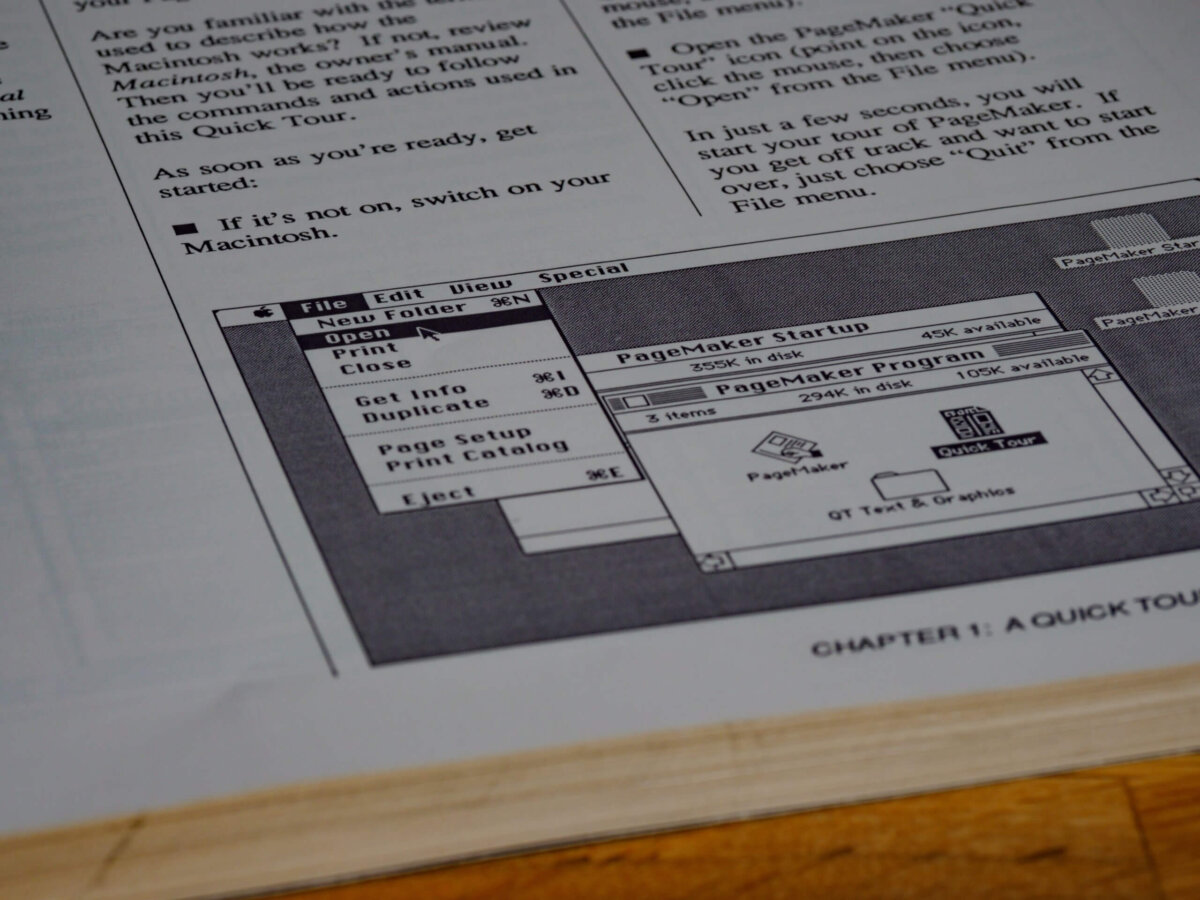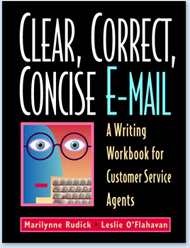In 2010, we averaged 7.2 hours a week—almost a full work day—on e-mail. In 2019, we spent more than three hours per week on work email. Would you like to decrease the time you spend on e-mail and improve the quality? You can, if you follow these five golden rules.
1. Write helpful subject lines. A good subject line tells you what the e-mail is about. It lets you triage your messages. Do you need to respond to the e-mail immediately? Can it wait until you have more time? Here’s an unhelpful subject line: Yesterday’s phone call. It might take a while to conjure up the phone call this refers to. What about yesterday’s phone call? Following up on Social Networking conference call is a more helpful subject line. It reminds you what the call was about and tells you that you’ll probably need to take action.
2. Change the subject line if the topic of the e-mail changes. Sometimes the e-mail has a great subject line, but it has nothing to do with the topic of the e-mail. This happens frequently when the sender takes an old e-mail and clicks “reply” without rewriting the subject line to reflect the current topic. For example, an e-mail I received with the subject line June schedule was sent in August and was about an upcoming conference in October.
3. Send e-mail only to “need-to-knows.” Think twice before you add a name to the address field. Does this person need to act on the e-mail? Opening irrelevant e-mail takes time and can be confusing. (Why did I receive this? Am I supposed to do something?)
4. Use “reply all” cautiously. Don’t be lazy and just click “reply all” because it is easier than figuring out who should receive the reply. If you don’t know the other recipients, it’s a good practice to reply only to the sender, not the entire group.
5. Forward jokes judiciously, and never send to work e-mail. It is nearly impossible to keep from forwarding LOL jokes. But make sure that the people you send them to will actually find them funny. Will the recipient think the priest, rabbi, minister joke is amusing or offensive? Don’t send jokes or other silly stuff to someone’s work e-mail. Remember, work e-mail is not private. And finally, put joke in the subject line to let recipients know that they don’t need to open the e-mail immediately.
— Marilynne Rudick (guest blogger)
— — — — — —
Photo by Mark Duffel on Unsplash
Tags: E-mail







0 Comments